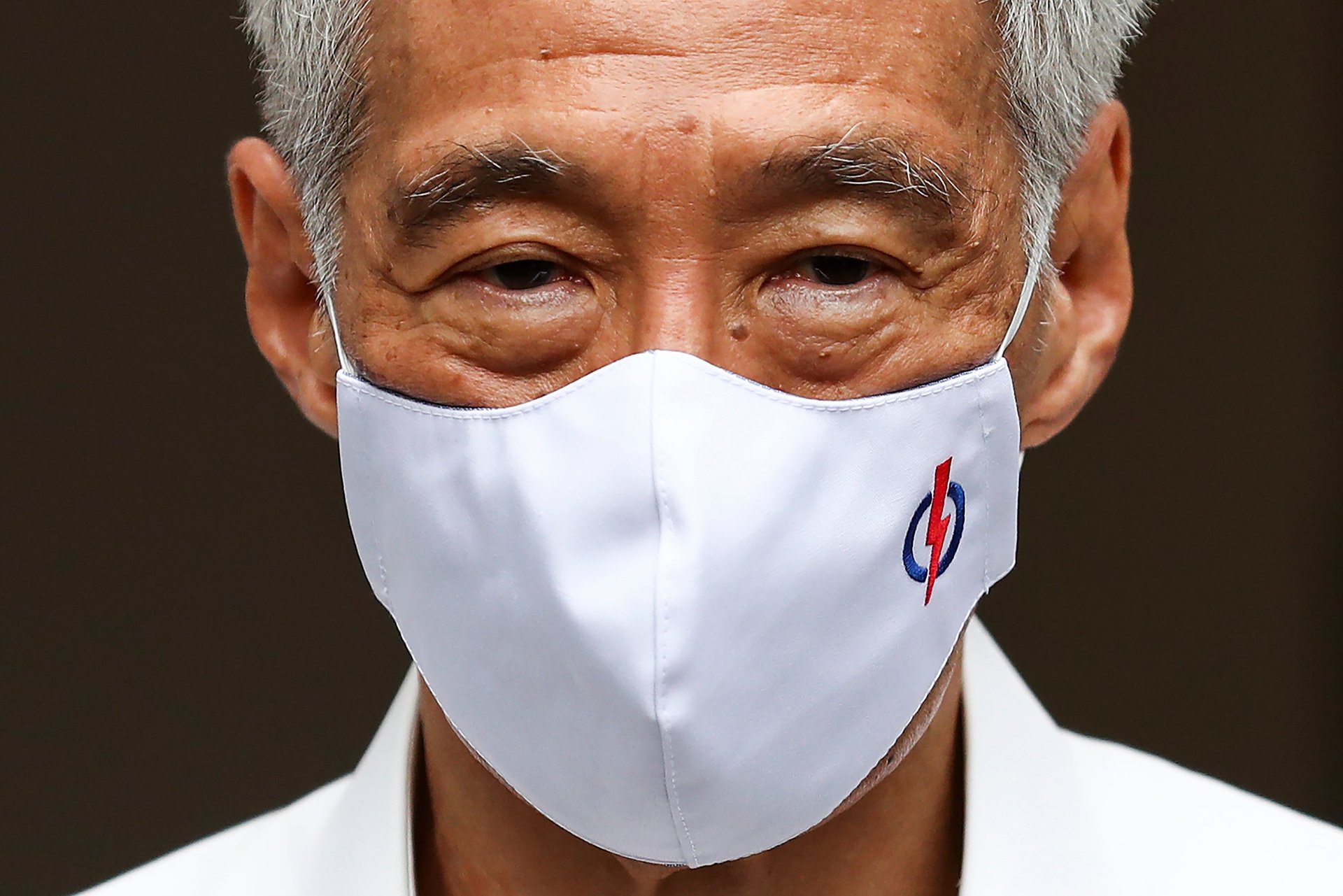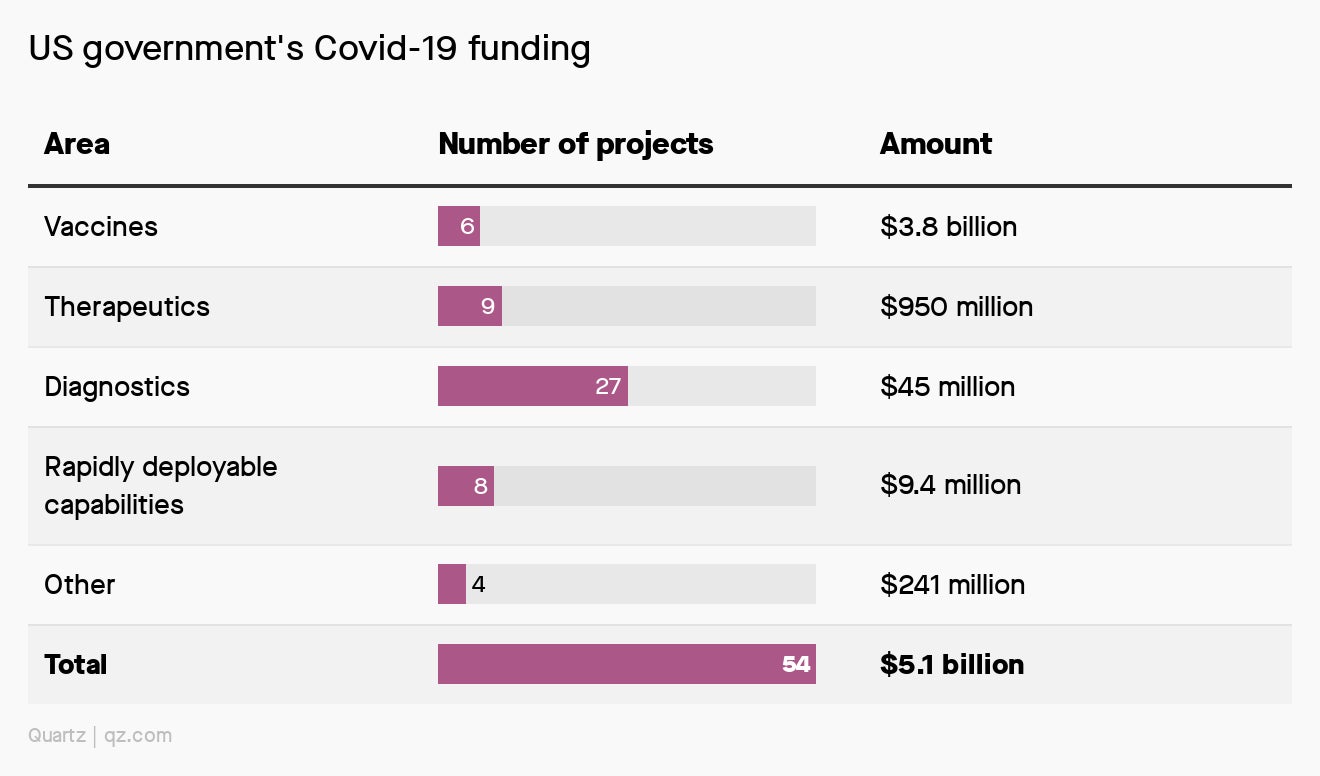Seoul’s mayor dies, TikTok transparency, tuna testing
Good morning, Quartz readers!

Good morning, Quartz readers!
Here’s what you need to know
The mayor of Seoul was found dead. Several hours after Park Won-soon’s daughter reported him missing, police found the mayor’s body. There were reportedly no signs of foul play. Park had been facing allegations of sexual harassment.
The US neared federal contract rules on Chinese suppliers. The government will ban the use of products and services from five companies, including Huawei and ZTE. Across the Atlantic, UK telecoms said they will need five years to decouple from Huawei. Meanwhile, the US sanctioned four Chinese officials over the country’s treatment of Uyghurs. And in Hong Kong, opposition parties plan to go ahead with a weekend primary despite new security law concerns.
In other news out of China… The country’s national college entrance exam ends today after a one-month delay. E-cigarette maker Smoore begins trading on the Hong Kong Stock exchange after reportedly raising $918 million, while QuantumCTek skyrocketed a record 924% in its debut on Shanghai’s Star market board. And American Airlines and United Airlines canceled flights to Hong Kong over new Covid-19 testing rules.
TikTok issued a transparency report. In the second half of 2019, the app removed 49 million videos for violating its terms with about one-third of requests coming from India. TikTok’s parent ByteDance is reportedly considering ways to further distance the app from China, including setting up a new HQ outside the country. Meanwhile, a TikTok glitch on Thursday reset video views and like counts to zero.
Foreign nationals working for Voice of America will lose their visas. The agency reportedly doesn’t plan to extend visas for dozens of journalists. The news follows other recent US visa changes, which threaten to upend college students’ plans, bankrupt universities, and derail STEM research.
Southeast Asia’s first pandemic election

Singaporeans head to the polls today in a general election that’s expected to extend the ruling People’s Action Party’s (PAP) uninterrupted grip on power since the country’s independence in 1965—much of the time under the leadership of a single family.
And while the new political risks for global companies in rival financial hub Hong Kong could work to the city-state’s benefit, prime minister Lee Hsien Loong still must answer for a grim economic outlook and a bungled coronavirus response.
Despite the plethora of parties—including one supported by the prime minister’s estranged brother—rights groups have long cautioned that Singapore’s elections aren’t truly competitive—with problems that include gerrymandering (pdf), a lack of oversight, and prohibitively high candidate registration costs. This year, there are two added obstacles.
First, due to the pandemic, physical rallies have been banned and campaigning restricted to social media. Opposition parties say this disadvantages them, while the ruling party says it levels the playing field.
That might be true, if it wasn’t for the second challenge: the country’s controversial so-called fake news law, which took effect last October. Opposition figures and news outlets have already been charged with violations, and ordered to affix “correction” notices to their online posts.
Charting US spending on Covid-19 research
On July 6, the US government announced an investment of $1.6 billion to help pharmaceutical company Novartex produce 100 million doses of Covid-19 vaccines. This is just the latest large investment made by the US in coronavirus medical research: since Feb. 11, the US government has handed out over $5 billion in funding, most of which has gone to vaccine development.

For members: The virtual conference reboot

Quartz’s latest presentation provides an overview of the new landscape of virtual conferencing, with tips from top experts for anyone hoping to make an impression through their screen. From lighting tricks to background arrangements to the neuroscience of persuasion, we cover all the small tweaks and big ideas you’ll need to have a big impact.
✦ To access the full presentation and the Quartz field guide on the virtual conference reboot get started with a seven-day free trial. ✦
You asked about gene therapy
“Is any research being done in the area of genetic engineering, through CRISPR-Cas9, or some other gene editing process? If not … why not?” – Norm
CRISPR, the buzzy gene editing enzyme that became a staple of biotech labs within the past decade, has shown promise in treating a number of health conditions such as congenital blindness, sickle cell disease, various forms of cancer, HIV, and others. But all of those findings have so far been through experiments and clinical trials; to date, no CRISPR application has been made widely available.
However, the US Food and Drug Administration has granted emergency use authorization (pdf) to a rapid diagnostic test created by bioengineering company Sherlock Biosciences. The company claims it is the first commercial use of CRISPR.
So how did this newcomer cut the line and hit the clinic first? In the Sherlock test, CRISPR isn’t being used to place altered cells into the body—something that still gives regulators pause.
Surprising discoveries
The future of renewable energy is cheap and wet. Nissan’s got a battery that’s 90% less expensive than lithium-ion, while scientists designed a generator powered by raindrops.
A mathematician calculated how to keep fans safe at Yankee Stadium. Based on social distancing guidelines, only 11% of seats should be filled.
There’s an AI for judging tuna quality. The Tuna Scope app will tell you if your fish is sushi grade.
Heinz wants you to make ketchup and mayo ice cream. It’s selling kits for five types of condiment-based frozen desserts.
Backyard putting greens are all the rage for the rich. They need some way to practice their short game during the pandemic.
Our best wishes for a productive day. Please send any news, comments, chutney custard, cheaper electric droptops, and energetic raindrops to [email protected]. Get the most out of Quartz by downloading our app on iOS or Android and becoming a member. Today’s Daily Brief was brought to you by Liz Webber, Annalisa Merelli, Alex Ossola, and Max Lockie.